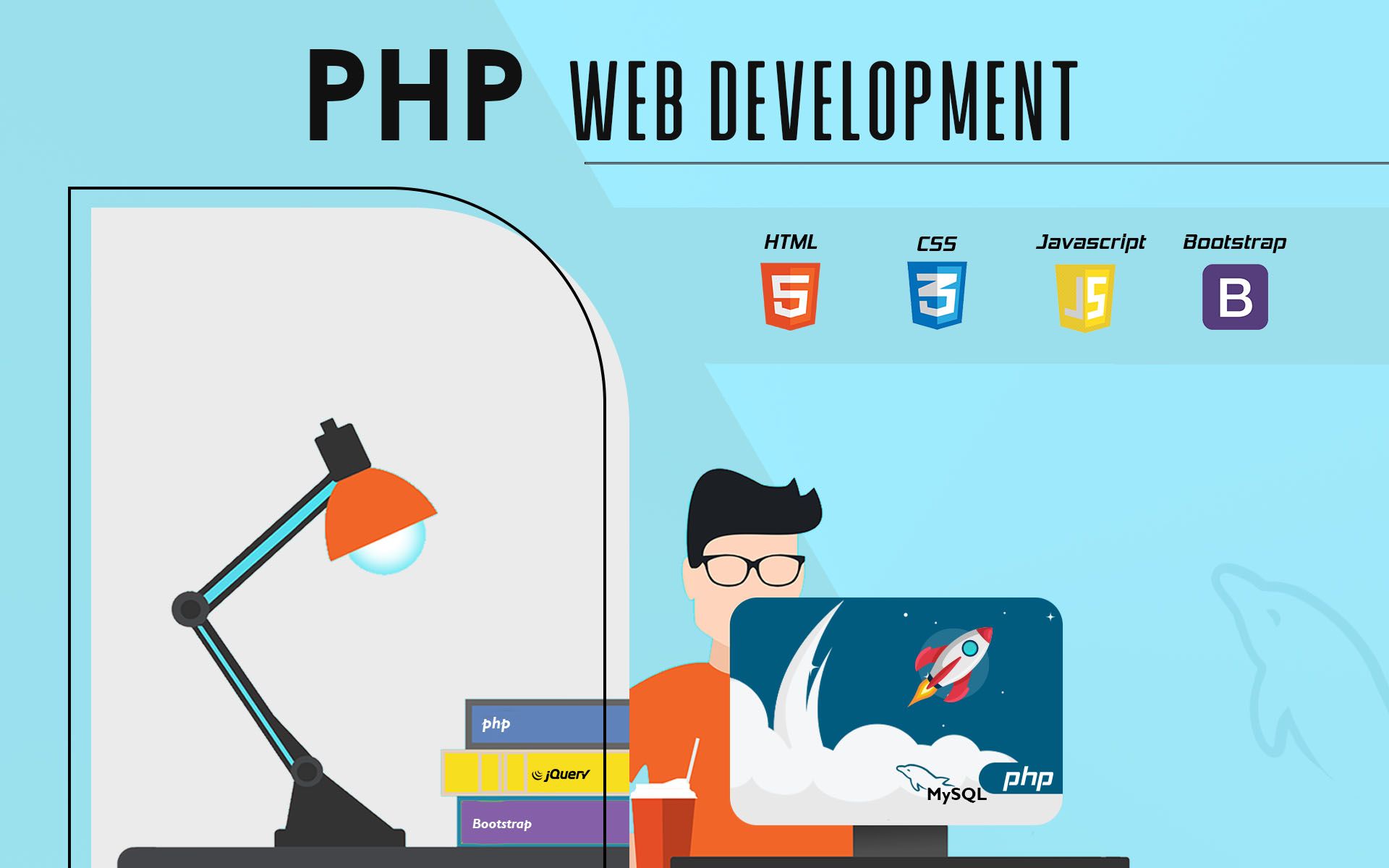
Speed: PHP is known for its fast processing speed, which means that PHP applications can be highly performant, especially when used in conjunction with caching mechanisms.
Integration: PHP can easily integrate with other technologies, such as databases, content management systems, and other web services. This makes it easier for developers to build complex web applications and integrate them with other systems.
Wide adoption: PHP is a widely adopted programming language, which means that there is a large pool of PHP developers available for hire. This makes it easier to find and hire developers with the necessary skills to build PHP applications.
Open-source libraries and frameworks: PHP has a rich ecosystem of open-source libraries and frameworks, which can significantly speed up the development process and help developers build more robust and feature-rich applications.
Maintenance: Since PHP is an older language, there are many legacy PHP applications in use. This can create a need for developers with PHP skills to maintain and update these older applications.
Learning curve: Although PHP is generally considered an easy language to learn, there can be a learning curve when it comes to using specific PHP frameworks or libraries.
Overall, PHP app development offers many benefits, including speed, integration, wide adoption, and a robust ecosystem of open-source libraries and frameworks. However, it's important to consider the potential maintenance needs and the learning curve associated with specific PHP frameworks or libraries.